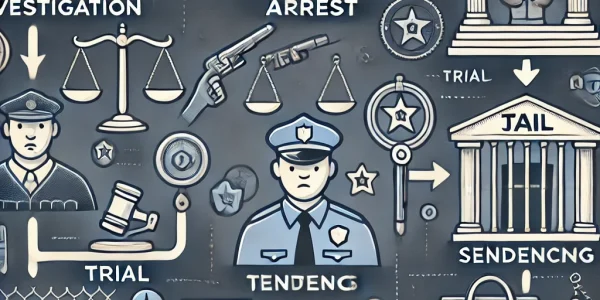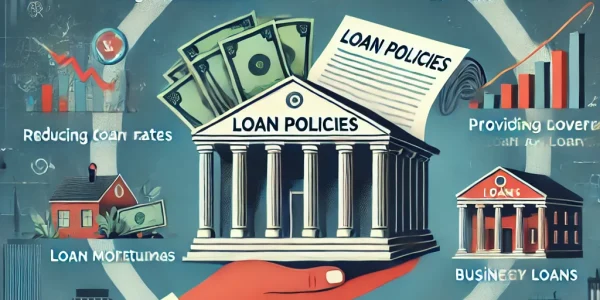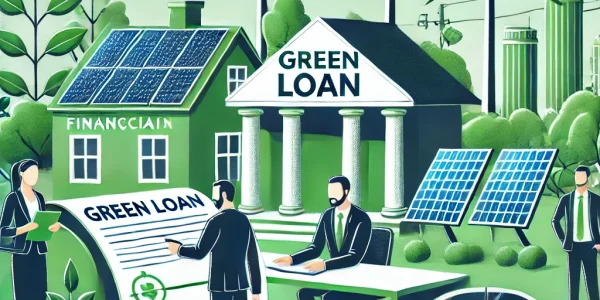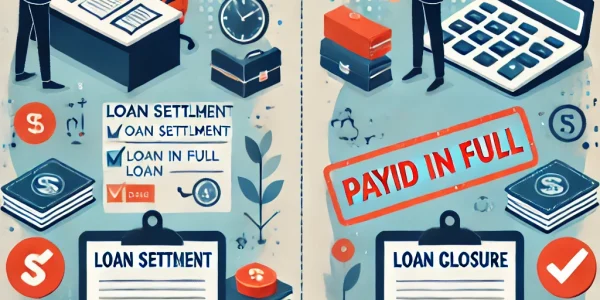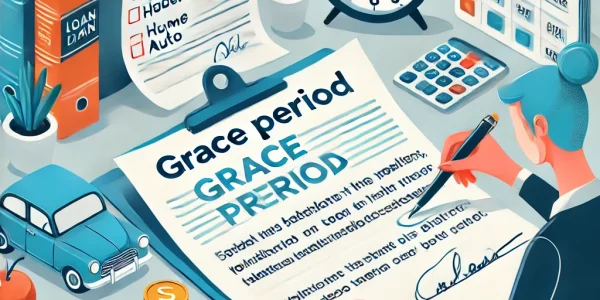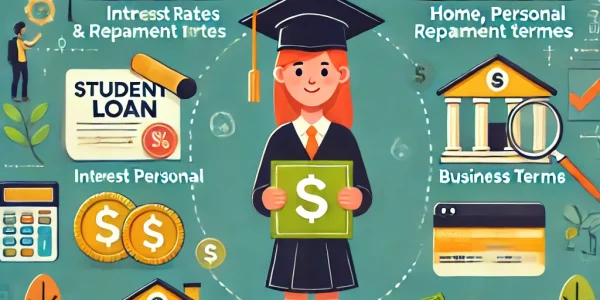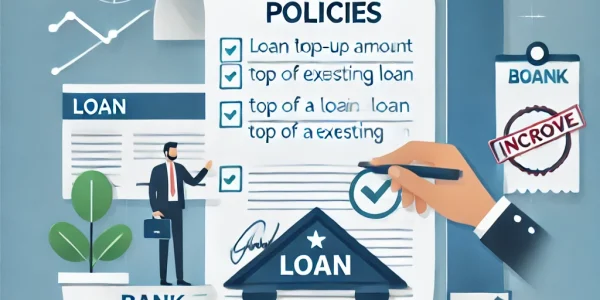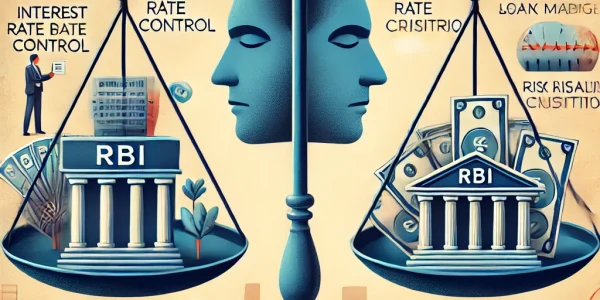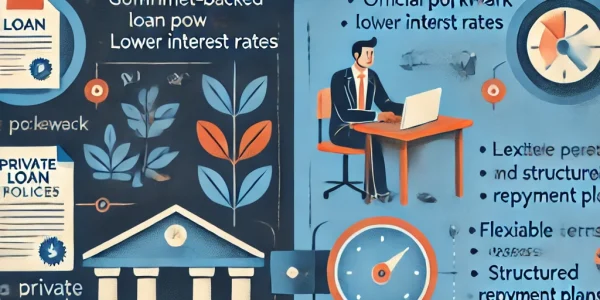Understanding the Criminal Justice System: A Step-by-Step Guide
The criminal justice system plays a crucial role in maintaining law and order in society. It ensures that individuals accused of crimes receive fair treatment while holding offenders accountable for their actions. Whether you are a law student, a legal…
How Loan Policies Adapt During Economic Recessions and Financial Crises
Introduction Economic recessions and financial crises bring uncertainty, impacting individuals, businesses, and financial institutions. Loan policies play a crucial role in stabilizing economies by adapting to new financial realities. In this article, we will explore how loan policies evolve during…
Green Loans and Sustainable Financing: Emerging Loan Policies
Introduction As the world shifts towards environmental sustainability, financial institutions are adapting by introducing green loans and sustainable financing options. These emerging loan policies encourage individuals, businesses, and governments to invest in environmentally responsible projects. Green loans are designed to…
Loan Settlement vs. Loan Closure: What the Policies Say
Introduction Loans are an integral part of modern financial planning, whether for personal needs, home purchases, business expansion, or education. However, at some point, borrowers must bring their loans to a close. Two common ways to do this are loan…
Understanding Grace Periods in Loan Policies and How They Work
Introduction A grace period in loan policies is a crucial aspect that allows borrowers a specific time frame before they start making payments without incurring penalties. This policy benefits borrowers, particularly in student loans, personal loans, and credit card payments….
How Student Loan Policies Differ from Other Types of Loans
Introduction Education is one of the most significant investments individuals make in their lives, and student loans serve as a crucial financial tool for many aspiring students. Unlike other forms of loans, student loans come with unique policies, benefits, and…
Women-Specific Loan Policies: Special Benefits and Eligibility Criteria
Introduction Financial independence is an essential aspect of empowerment, and governments, banks, and financial institutions worldwide have introduced various women-specific loan policies to encourage female entrepreneurship, homeownership, and education. These special loan schemes offer lower interest rates, flexible repayment options,…
Loan Top-Up Policies: When and How You Can Increase Your Loan Amount
Introduction In times of financial need, borrowers often look for ways to access additional funds without going through the hassle of applying for a new loan. This is where loan top-up policies come into play. A loan top-up allows existing…
Impact of RBI and Central Bank Regulations on Loan Policies
Introduction The Reserve Bank of India (RBI) and other central banks worldwide play a crucial role in shaping financial stability, especially in the lending sector. Their policies and regulations influence loan interest rates, eligibility criteria, lending limits, and overall credit…
Government Loan Policies vs. Private Loan Policies: Key Differences
Introduction Loans are an essential financial tool that help individuals and businesses meet their financial goals. Borrowers have two primary options when seeking a loan: government-backed loans and private loans. Each type has distinct policies, eligibility criteria, benefits, and drawbacks….
